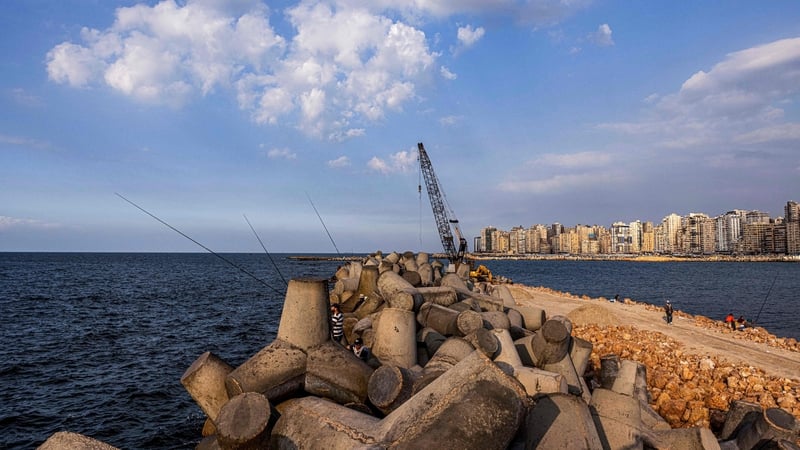Coastal cities around the world, including Jakarta, Bangkok, Ho Chi Minh City, and Shanghai, are sinking – posing catastrophic risks to roads, buildings and key infrastructure.
A study by Nanyang Technological University in Singapore, combined with population data from the UN, reveals nearly 76 million people live in parts of these cities that have subsided.
This should set alarm bells in every coastal urban region, including in Ireland, according to Alan Browne, CEO of Irish engineering tech platform Soarvo.
He said, climate change, population growth, unplanned development and accessing too much ground water, are among the reasons cities across the world are subsiding.
“We have a lot of coastal cities; we don’t have the challenges of being built in river deltas like a lot of these cities that are sinking,” Mr Browne said. “Our infrastructure is definitely under pressure and we do have climate change, and rising sea levels.”
He said, “It is relative sea levels rising that matter, so if you have situation where you have your ground level subsiding, the relative level of sea level rising is much faster so if ground water is being taken out, the ground level slips down and you have a real level with your sea level rising.”
We need your consent to load this rte-player contentWe use rte-player to manage extra content that can set cookies on your device and collect data about your activity. Please review their details and accept them to load the content.Manage Preferences
Mr Browne said there are challenges with Ireland’s ageing infrastructure. Water and power are the two most important things we need for development, and whatever can be done to speed up their development is going to help the country, he said.
“The two biggest things that are holding up the development of homes is water and power,” he told Morning Ireland. “It is a real challenge how we are going to do that with water infrastructure, and power. We’ve seen that when it comes to data centres; it’s the same thing with housing. If we can sort out water and power, we’d be able to sort out our housing challenge much more quickly.”
Soarvo provides geospatial data to experts to help them make better decisions on how infrastructure can sustain itself. The firm works with the likes of Transport Infrastructure Ireland, National Highways UK, Irish Water, ESB and local authorities.
“We’re trying to get more and more data into the hands of experts, providing data in the most visual way possible so that they can see the challenges before they happen.”




